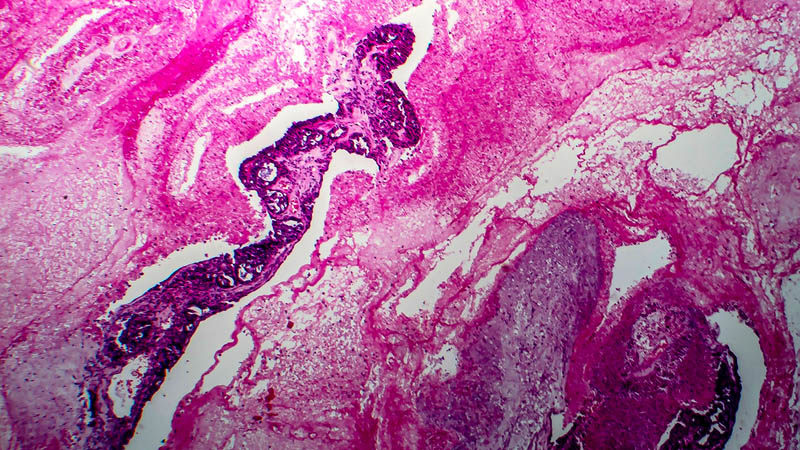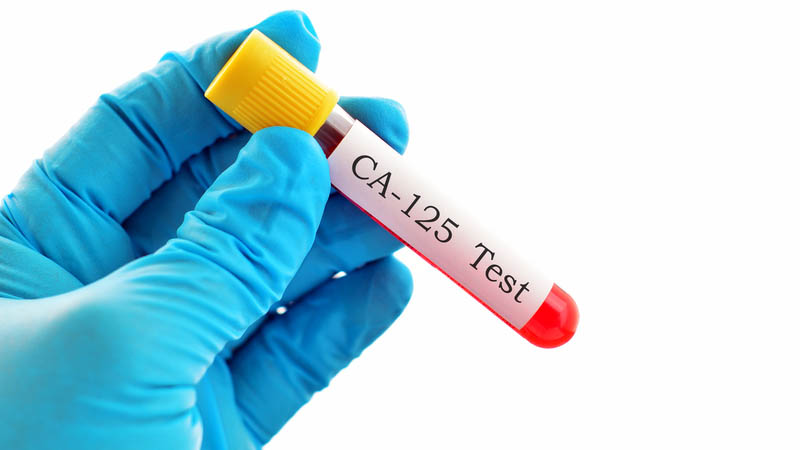The results of cryotherapy and local application of povidone-iodine in the eradication of persistent highly oncogenic HPV
Janina Markowska1, Beata Sterlińska-Tulimowska2, Wacław Śmiertka3
 Affiliacja i adres do korespondencji
Affiliacja i adres do korespondencjiTreatment covered 128 women aged 24–67 (37.5 on average), with abnormal cytology: in 77 patients atypical squamous cell of undetermined significance was detected, in 30 patients low-grade squamous intraepithelial lesions were identified while in 21 only the presence of koilocytes was demonstrated. In most cases, the cervix was without any clinical changes or ectropion lesions were detected. In all the patients, the presence of highly oncogenic human papillomavirus (HPV) was detected using viral genotyping reverse transcription polymerase chain reaction. In 45 (35%) patients, a single strain of HPV was detected, HPV 16 (40% of the patients) was most common. In 29 (22.6%) patients, two types of the virus were identified, most frequently HPV 16 or 18. In the remaining 54 (42.1%) patients, multiple types of HPV were detected. The employed therapeutic scheme involved two applications of cryotherapy with liquid nitrogen for 3 minutes, covering the mucosal surface (in the case of ectropion) with the transient zone and cervical canal. Following each application of cryotherapy, povidone-iodine (Betadine) globules were used. In 7 patients, electrocoagulation using the LEEP system was additionally performed (in the case of bleeding ectropion). Two months after the last procedure, HPV was marked again using the RT-PCR method. HPV was not detected in any of the treated patients. In 10 patients due to persistent ectropion lesion on the cervix, electroconization was conducted and histopathology demonstrated no HPV-related lesions. Cryotherapy – accompanied by the application of povidone-iodine – is effective in the prophylaxis and eradication of persistent infection with highly oncogenic HPV.









